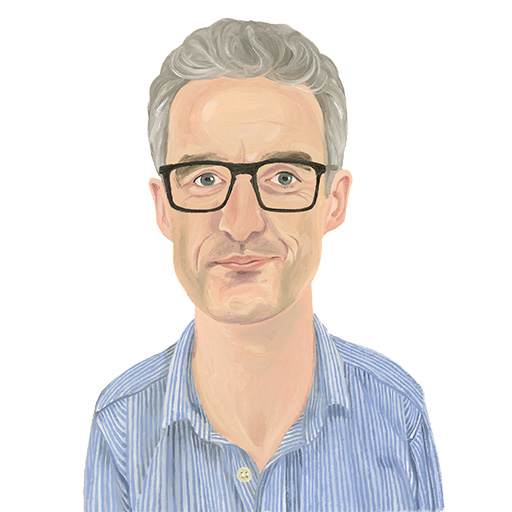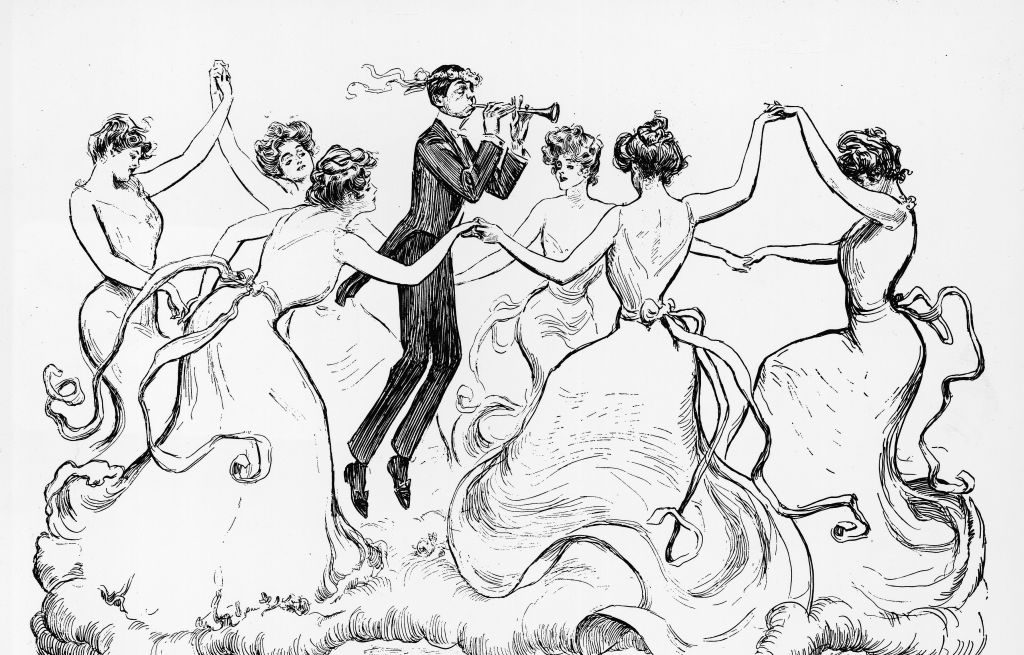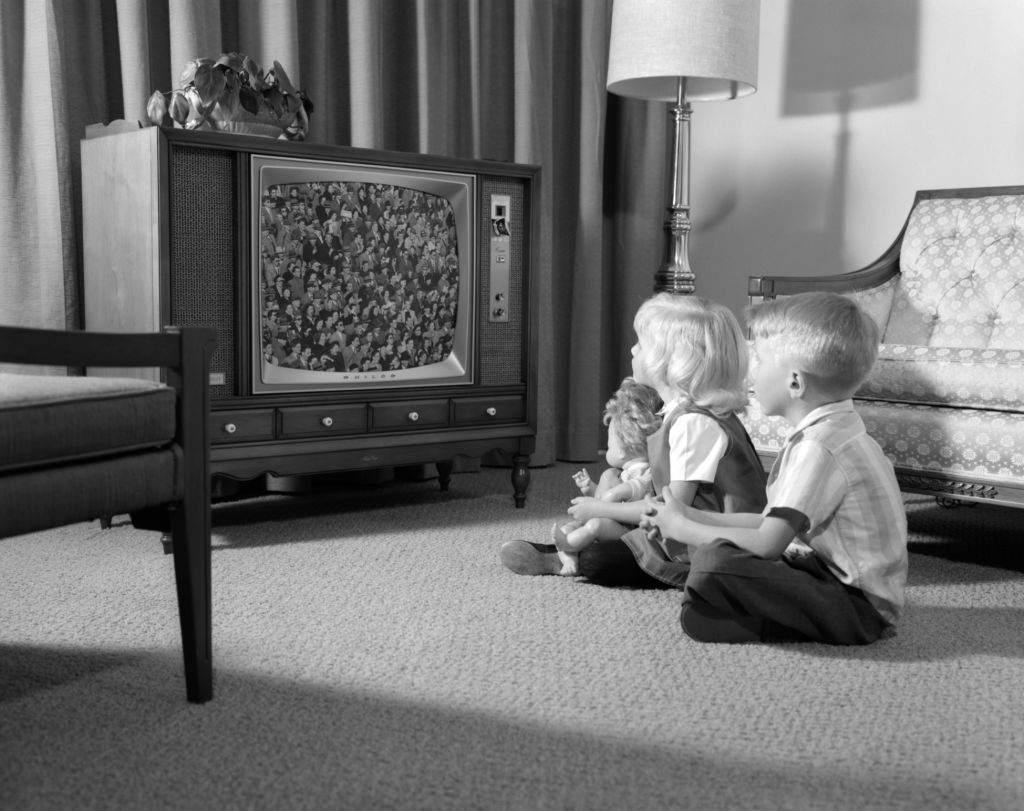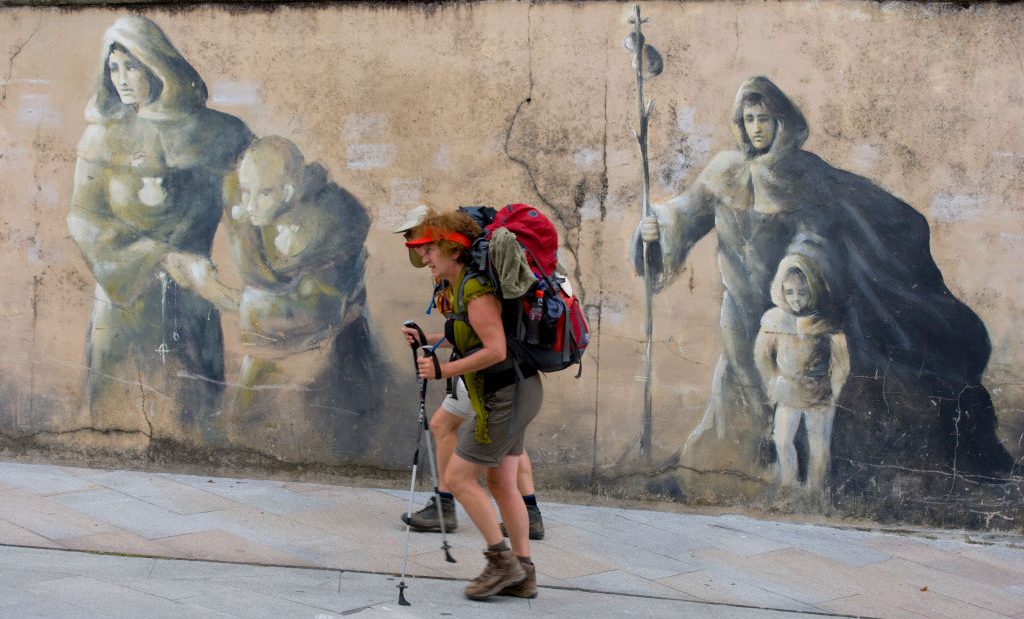We live in a post-Christian world, we are increasing told, with Western society having swallowed the “God is dead” proclamation from German philosopher Friedrich Nietzsche.
But I am not so sure these days. Not to mention how Nietzsche eventually went mad.
That’s not to deny that Judeo-Christian traditions have had a particularly bad run in the European Union of late. But there are interesting indications that change could be in the air.
The Surprising Rebirth of Belief in God is a new book by Justin Brierley that analyses the ongoing trend of a new openness, especially among an unexpected array of public figures, to “spiritual matters”.
Ayaan Hirsi Ali, an internationally lauded activist and former member of the Dutch parliament, who grew up Muslim before becoming a so-called New Atheist, recently caused a stir by declaring she has now embraced Christianity, in part because of the “civilisational” challenge the West faces.
Recently a Finnish appeal court unanimously dismissed all charges against Finnish parliamentarian Päivi Räsänen, who had ended up in court by publicising her Christian beliefs.
It marked the end of four years of litigious persecution of the former Finnish Minister of the Interior who ended up facing three criminal charges for allegedly committing “hate speech” by basically quoting the Bible.
“There is much good news here, if only because any other result would have had terrifying implications for people’s rights to express their convictions in public,” Andrew Tettenborn writes for the Catholic Herald. “Moreover, the effects are likely to extend well outside Finland.”
He assesses that the judgement “clearly was given with one eye on the free speech and religious freedom provisions in Articles 9 and 10 of the European Convention on Human Rights”. As a result, he argues, “prosecutors and police forces in all countries where the Convention applies will need to think very carefully about the guidance they provide on when it is justifiable to interfere with what believers tweet, write or preach in public”.
The impact of Räsänen’s case and other incidents such as Christians prosecuted for the “thought crime” of silent prayer in public, set alongside the scale of anti-Semitism that has been revealed to still be prevalent in Europe in the wake of the Israel-Gaza conflict, is that people are waking up to how eroded religious tolerance has become. Particularly for Christians and Jews—other faiths have been treated far more respectfully—in Europe’s supposedly “inclusive” societies.
“We are now many decades into this process, which has received enormous psychic boosts from various progressive upswells, resulting finally in the entrenched DEI [Diversity, equity and inclusion] bureaucracies that straddle our governmental, academic and business institutions,” David Polansky writes in Antisemitism and the discourse of privilege for The Critic. “The upshot is that Jews, the original and archetypal minority group, have been left behind, even as new minority protections are being created daily.”
Another important, and somewhat counter intuitive, side to this undermining of traditional religion is how it has impacted everyone, whether you are religious, agnostic, vehemently atheist or truly believe in The Force and the Way of the Jedi.
The culture wars that have had such a terrible impact on the fabric of civic life and societal cohesion have been fuelled by “a degenerate Christian sensibility” that has fed a “perverse bid for supreme self-righteousness”, says Nigel Biggar, an Oxford University theologian and ethicist, and author of Colonialism: A Moral Reckoning.
Cue the righteous anger and vehemence of BLM, “anti-racism” movements, extreme transgender ideology, cancel culture, environmental activist groups such as Extinction Rebellion and Just Stop Oil, etc.
“We need to recognise the repetition of a now-familiar pattern in which the desire of people to do the right thing is manipulated to give others power and fear is used to foster compliance,” Alex Klaushofer writes in a Substack column about the growth of anti-human “eco-authoritarianism”.
Despite Klaushofer’s concerns, similarly held by many others, it increasingly feels, though, that we could be at tipping point back toward sanity and more tolerance toward “traditional” religion—and which could affect many other seemingly unrelated trends: regardless your views of who Jesus was, Western ethics are founded upon and sustained by the Judeo-Christian tradition.
There is increasing awareness of the dire consequences for Western liberal democracies following years, if not decades, of liberal progressive attacks that have continually undermined respect for Judeo-Christian views and values.
If so, that could be more than awkward for much of the EU polity. The prevailing anti-religious agenda of progressive liberal modernity has often been backed, if not sped on, by the political establishment (which is always uncomfortable with the “dangerous” non-conformity that religious beliefs engender).
That it has happened on their watch is being recognised by both commentators and ordinary people. As a result, “archaic” religious matters could have more of an impact during the 2024 European elections than people realise. Though it could go both ways, with anti-religious agendas doubling down.
“Trouble there may still be,” Tettenborn says. “Among the governing class in many European countries…the ideology of equality and human rights is threatening quietly to morph into a kind of surrogate state religion, with the idea of freedom of conscience playing decidedly second fiddle.”
Indeed, you might remember how freedom of conscience played second fiddle — if that: it was more like the guy in the orchestra who pings the musical triangle—during the pandemic and lockdowns, and especially in relation to whether you could opt out of taking an unnecessary vaccine.
Yet, despite all this, it’s questionable how much, if any, impact that experience has had on electorates (perhaps they just can’t remember, or choose not to).
Poland, a traditionally highly religious country, has just elected a “liberal elite [that] will attempt to remake the nation in the West’s identikit progressive image”. It remains a challenge to enter EU politcs if your Christian beliefs become known.
And is Räsänen’s apparent freedom of speech win actually that, with Brussels Signal reporter Peter Caddle arguing it represents a “small victory in a losing war” in the Nov. 16 Brussels Calling Newsletter:
“Two decades ago, even charging Räsänen would have likely resulted in massive protests worldwide, as well as numerous condemnations of Finland from governments throughout Europe,” Caddle says. “Today: silence. Authorities inside and outside the European Union continue daily to push for ever-stricter controls on free expression.”
So is religion really back, baby! as they say? What can be said is that the real culture war appears to be the one that has always been there: Secularism v. Religion. That EU politicians appear to be getting even worse at balancing and compromising between the two belief systems needs to be called out and voted on.
Don’t forget what became of Nietzsche.






Are we again seeing ‘mass formation’ neuroses in Europe over Palestine?